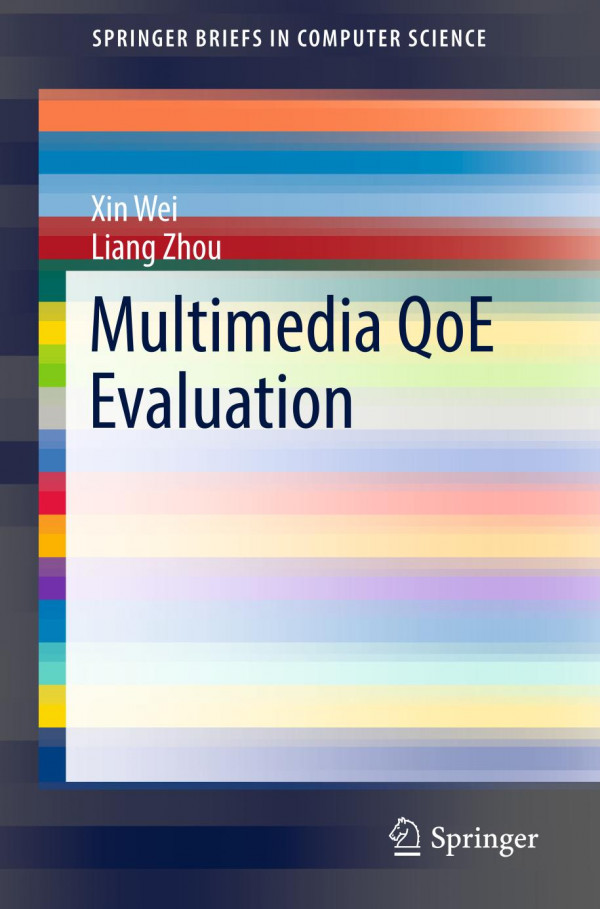

Most ebook files are in PDF format, so you can easily read them using various software such as Foxit Reader or directly on the Google Chrome browser.
Some ebook files are released by publishers in other formats such as .awz, .mobi, .epub, .fb2, etc. You may need to install specific software to read these formats on mobile/PC, such as Calibre.
Please read the tutorial at this link: https://ebookbell.com/faq
We offer FREE conversion to the popular formats you request; however, this may take some time. Therefore, right after payment, please email us, and we will try to provide the service as quickly as possible.
For some exceptional file formats or broken links (if any), please refrain from opening any disputes. Instead, email us first, and we will try to assist within a maximum of 6 hours.
EbookBell Team

5.0
58 reviewsThis SpringerBrief discusses the most recent research in the field of multimedia QoE evaluation, with a focus on how to evaluate subjective multimedia QoE problems from objective techniques. Specifically, this SpringerBrief starts from a comprehensive overview of multimedia QoE definition, its influencing factors, traditional modeling and prediction methods. Subsequently, the authors introduce the procedure of multimedia service data collection, preprocessing and feature extractions. Then, describe several proposed multimedia QoE modeling and prediction techniques in details. Finally, the authors illustrate how to implement and demonstrate multimedia QoE evaluation in the big data platform. This SpringerBrief provides readers with a clear picture on how to make full use of multimedia service data to realize multimedia QoE evaluation.
With the exponential growth of the Internet technologies, multimedia services become immensely popular. Users can enjoy multimedia services from operators or content providers by TV, computers and mobile devices. User experience is important for network operators and multimedia content providers. Traditional QoS (quality of service) can not entirely and accurately describe user experience. It is natural to research the quality of multimedia service from the users’ perspective, defined as multimedia quality of experience (QoE). However, multimedia QoE evaluation is difficult, because user experience is abstract and subjective, hard to quantify and measure. Moreover, the explosion of multimedia service and emergence of big data, all call for a new and better understanding of multimedia QoE.
This SpringerBrief targets advanced-level students, professors and researchers studying and working in the fields of multimedia communications and information processing. Professionals, industry managers, and government research employees working in these same fields will also benefit from this SpringerBrief.